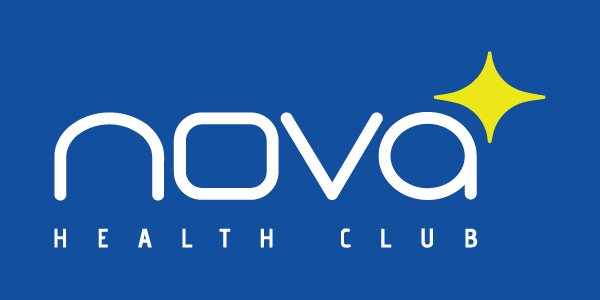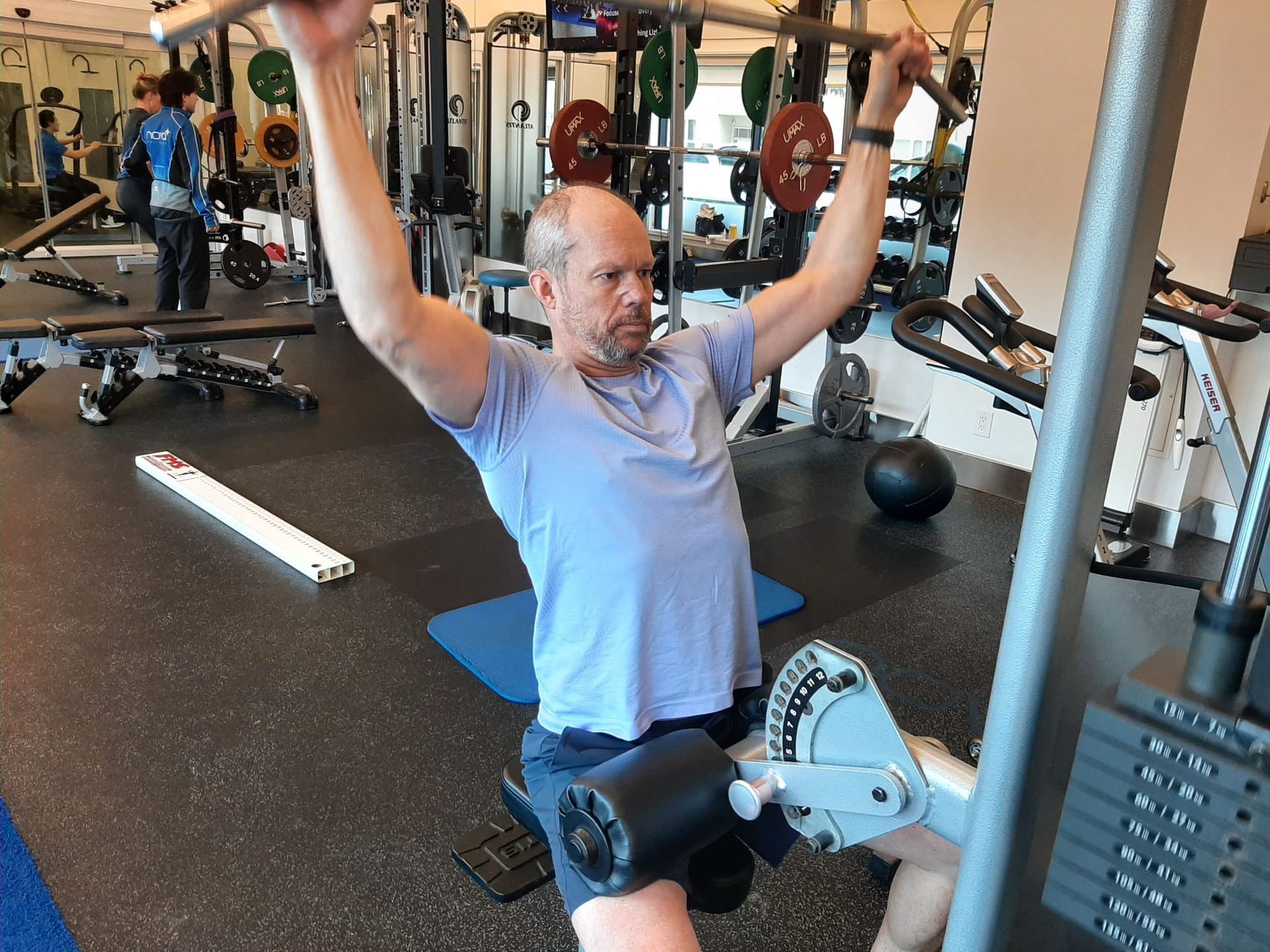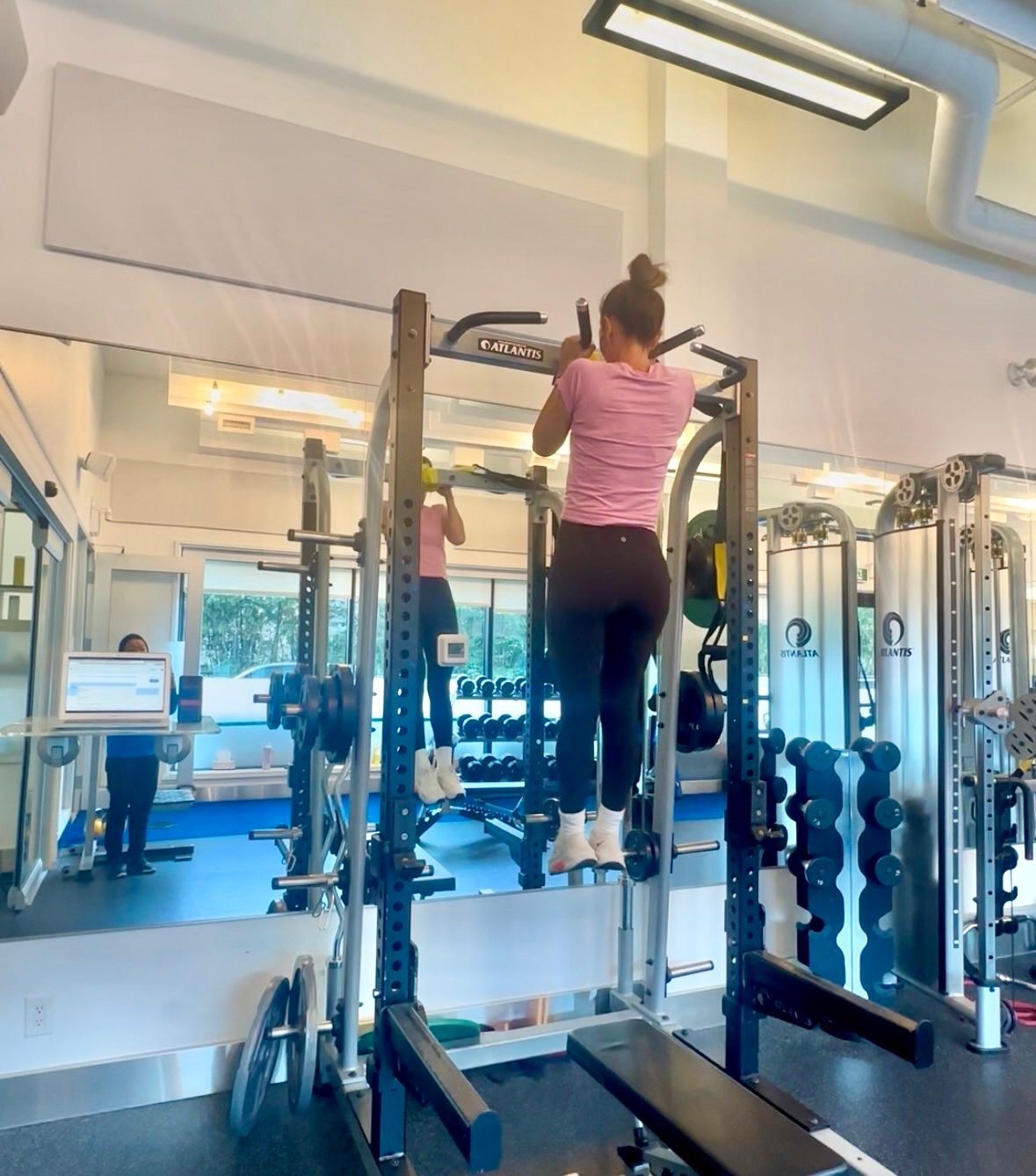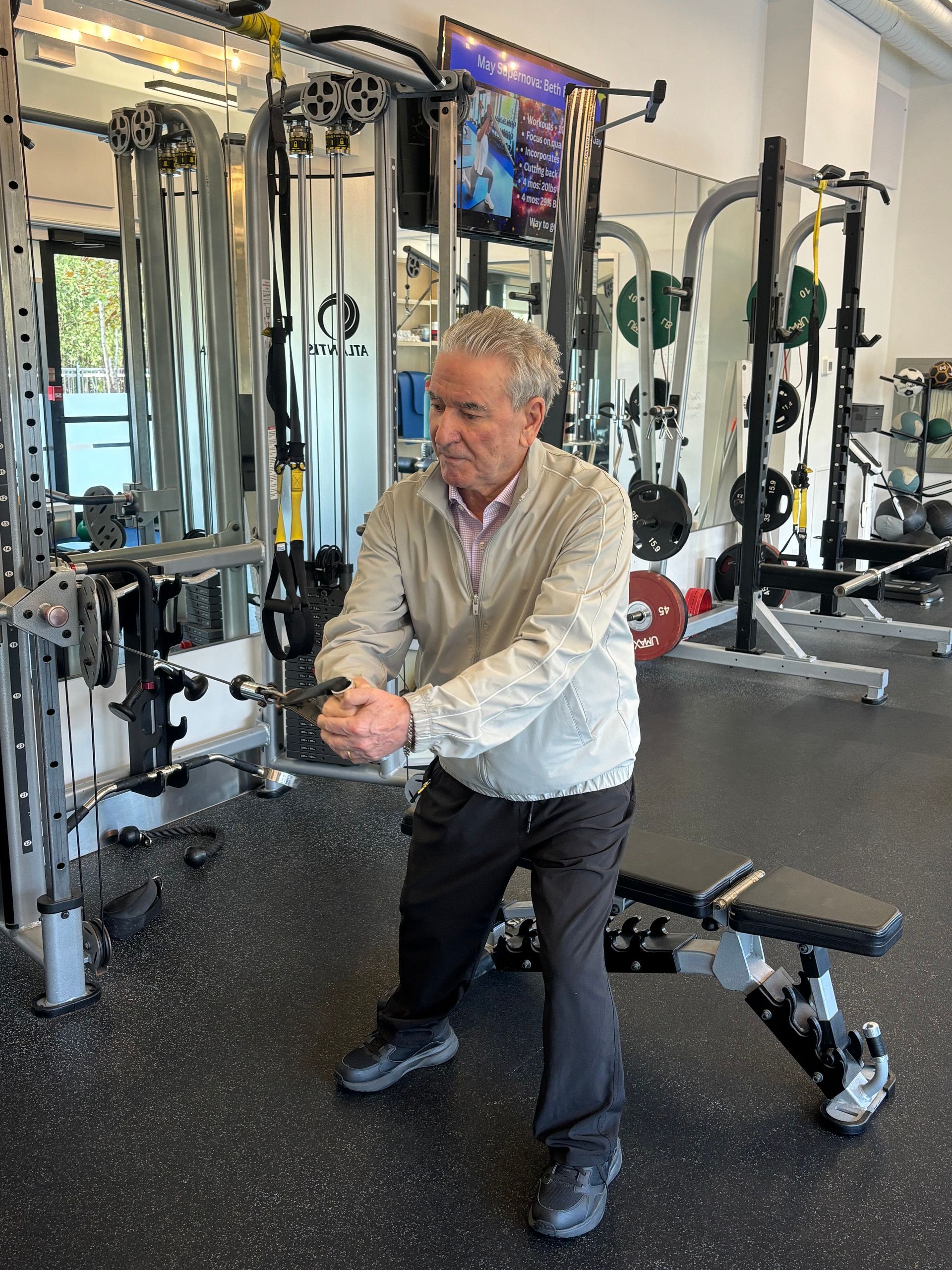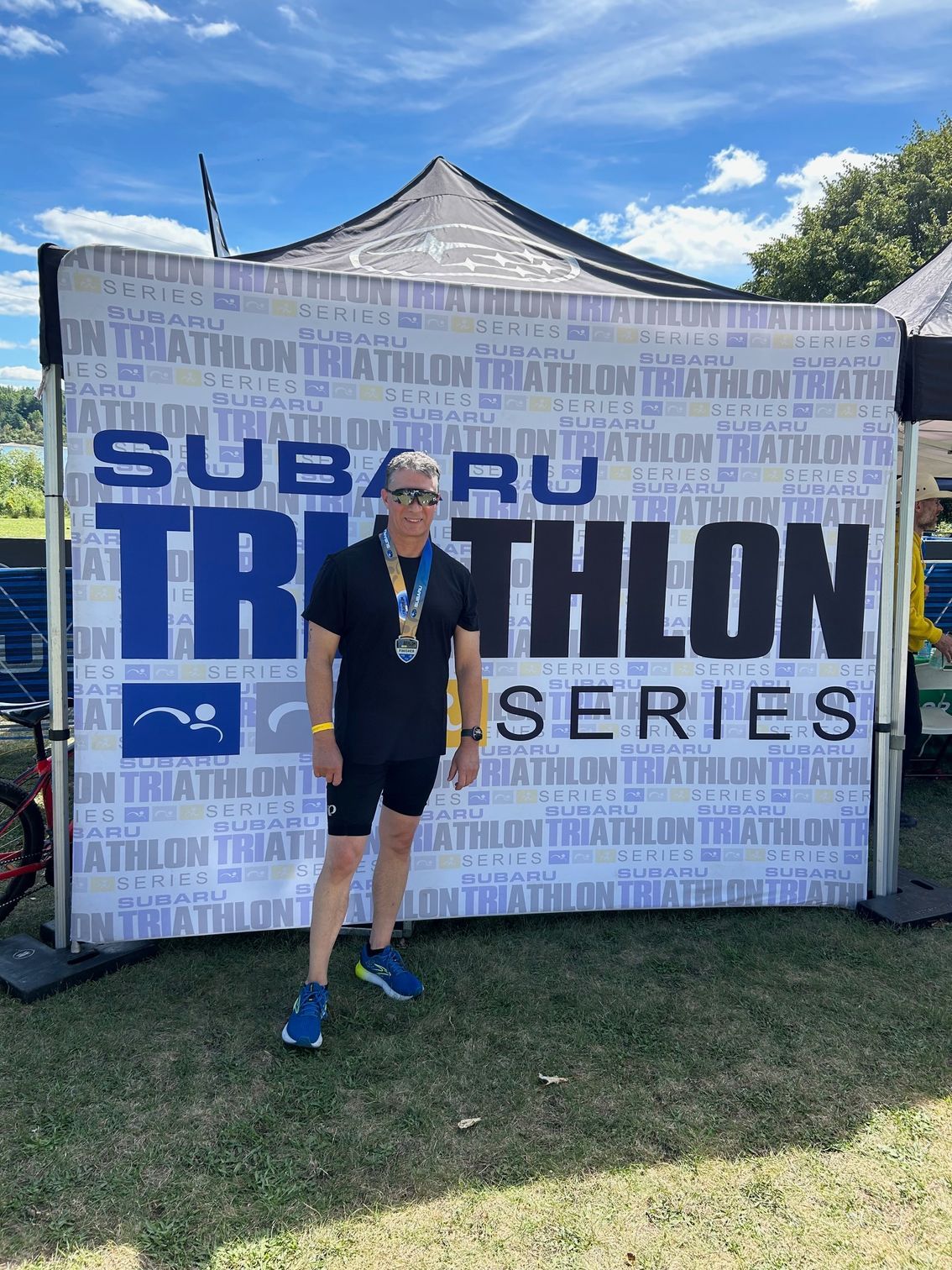What You Need to Know About Reaching Your Fitness Goals – Part 3
Nova Health Club • June 14, 2018
Stressors that Adapt and Inhibit the Body.
In our day and age we expose ourselves to a lot of stress. Every type of stress has a positive or negative outcome on the human body. Unfortunately, the amount of stress we experience in many cases is greater than what our biological bodies can tolerate. This excess and prolonged exposure to stressors has a negative impact on our health, performance and longevity.
Homeostasis is the natural or balanced state our bodies go back to after being exposed to a stress. The human body has evolved to heal and recover itself very well and every cell strives to get back to this balanced state if permitted to. Anything that disrupts homeostasis is called a stressor. It is important to realize that there are two types of stressors; good stress, that has an adaptive process such as exercise or sun exposure is called ‘Eustress’ while stress that causes a negative impact is called ‘Distress’ such as getting fired from your job or losing sleep. It is also important to note that some distress can be positive and some eustress can be disruptive depending on an individual’s specific response to that stressor.
When beginning a new exercise program we increase our heart rate and cause micro tears in our muscle fibres that end up being positive stressors that, if we recover from properly (with rest and nutrition) will make us stronger, fitter, healthier and on track towards our goals. This adaptive process after being exposed to stress is call ‘Allostasis’ which ultimately creates a new level of homeostasis in our bodies - one stronger and fitter than before
However, in our busy lives, trying to accomplish more each day, we expose ourselves to excessive amounts of stress that can damage our nerve cells and change our neurotransmitter and hormone responses. The process of nerve cell damage is called ‘Excitotoxicity’. For example, excessive or prolonged exposure to even good stressors (eustress) like exercise can increase our sympathetic nervous system response leading to; increased levels of stress specific neurotransmitters and hormones such as cortisol. Cortisol is a ‘stress’ hormone, part of our natural lives but in excess can lead to fatigue, weakness, loss of emotional control and weight gain. Much of the increased body fat in line with our belly button is caused by higher than normal levels of the hormone cortisol.
To reach your health and fitness goals it is important to understand when stress is good and when stress is bad. For many of us, we accept high stress as part of our lifestyle and the changes our bodies make in response (weight gain, fatigue, decreased mental health or other health disorders). However just because we have stressful lives does not mean we have to tolerate the negative changes that go with it. Chris Crowley co-author of the book ‘Younger Next Year’ wrote, ‘Aging is inevitable but decay is optional.’ Stress, while sometimes inevitable also does not have to elicit the associated decay and illness that comes with it. It begins first with an appreciation of stress and then making the lifestyle changes so that stress will not affect us in negative ways.
For example, when choosing an exercise program to reach fitness goals or to combat stress it is essential to pick the right exercise program at the right intensity. Take note of your stress levels prior to getting started. If you are unsure of what type of exercise program is best suited to you and your stress levels, hire a holistic lifestyle training coach who will make sure the program and intensity is right for you.
The Autonomic Nervous System is responsible for many essential functions of the body such as digestion, heart rate, blood pressure and respiration. Great training coaches understand the two nervous systems pathways in our bodies that make up the Autonomic Nervous System. One, called the ‘Sympathetic Nervous System’ is turned on through stress such as exercise, work deadlines or if we were to be chased. This system is referred to as the ‘fight or flight’ response. The second pathway is called the ‘Parasympathetic Nervous System’ responsible for rest, recovery and digestion. Due to the way many of us choose to live, we have more stimulation through the sympathetic system, causing damage to our cells (excitotoxicity), keeping us out of homeostasis because not enough focus is spent on rest, recovery and digestion through the parasympathetic system. It is no wonder that excessive lifestyle stress stimuli through the sympathetic nervous system causes us to suffer from the above mentioned illnesses and diseases.
For those of us under lots of stress, the best exercise program should incorporate full body movement with focus on breathing and without prolonged high heart rates or pushing every exercise and workout to the point of exhaustion and beyond. Many of the latest fitness crazes and group classes however do the opposite by promoting high calorie expenditure through high intensity training as being the only way to reach your fitness goals. This type of training in theory is ok but the reality is that many people’s lifestyles (and thus bodies) are not conducive to this type of exercise stress because these same people are under too much lifestyle stress and not practicing proper recovery outside of their workouts.
Contrary to popular belief, the best workouts are not the ones that elicit the most amount of sweat or burn the most amount of calories. Following this type of program and over engaging the sympathetic nervous system can be detrimental to our health. After all, our nervous system controls all functions of our bodies. To be fit we must first be healthy and being healthy comes from being mindful of our stress levels and recovery practices. Countless times we have said that the best workout is the right workout based on your needs, wants and abilities. Knowing this will determine what type of workouts that will either hinder us further or help us towards our goals of having fit, lean high performing bodies that last a lifetime.
In Part 4 of this series we will explore another essential area that many people neglect when choosing a fitness program - Functional Movement - moving the way our bodies were designed to.

It's that time of year again where Halloween candy is everywhere - especially if you have children who are in the trick or treating age. We all know that candy is unhealthy and we are aware of sugar's detrimental effects on our health, from weight gain to cavities... But do you know the risks in eating Halloween candy that go beyond weight gain and cavities? While sugar is certainly a concern, other ingredients in many popular candies can chip away at your health and well-being. The Deceptive Allure of Halloween Treats While eating Halloween candy can be a nostalgic pleasure, the ingredients list tells a different story. I personally love Halloween but about 7 years ago I went clean and gave up Halloween candy for good because I learned it is much more than a sugar problem… Beyond sugar, are ingredients like hydrogenated oils, high-fructose corn syrup, artificial colors, titanium dioxide and common allergens like wheat, corn, dairy, and soy. These ingredients can wreak havoc on our bodies, leading to a host of negative health effects that most consumers overlook. Beware: 5 Ingredients in Halloween Candy With Negative Health Effects 1. Hydrogenated Oils: Hidden Fats Hydrogenated oils transform liquid oils into solid fats and enhance texture and shelf life. These trans fats are notorious for raising bad cholesterol levels, increasing the risk of heart disease and causing inflammation in the body. Look out for the word ‘Hydrogenated’ in candies like Skittles or Starburst 2. High-Fructose Corn Syrup (HFCS): A Sweet Sabotage HFCS is another frequent offender. It’s a cheap, sweet alternative to sugar that can lead to rapid spikes in blood sugar levels and cravings. Overconsumption of HFCS has been linked to obesity, insulin resistance and fatty liver disease. Many people consume HFCS without even realizing it. Candies like Oh Henry and other chocolate bars have HFCS. 3. Artificial Colors: A Rainbow of Risks The colors that make Halloween candy so visually appealing are often the result of artificial colorings like Red 40, Yellow 5 (Tartrazine), Yellow 6 (Sunset Yellow) and Blue 1. Studies have shown links between these artificial colors and hyperactivity in children, as well as allergic reactions as well. Here are some of your Halloween favorites with these colors: Skittles , Maynards , Sour Patch Kids , Jolly Rancher , Twizzlers , Starburst and M&M’s 4. Titanium Dioxide: The White Truth Titanium dioxide is used in many candies to enhance their whiteness and opacity. It is a detergent that damages your gut and decreases your gut microbiome. Any candy that has a white center, like Skittles is known to use this ingredient. 5. Allergens: Hidden Dangers for Sensitive Individuals Finally, we can’t forget the processed allergens like wheat, corn, dairy and soy in many candies like Mars or Snickers . Those who are highly allergic know to stay away from foods with these ingredients but what about the low grade allergic response that most people ignore? Hives, scratchy through, congestions, asthma, sneezing, itchy eyes and mild GI discomfort are all effects of these allergens. The Scary Reality Halloween is a fun time but we’ve really thrown in the towel when it comes to our health based on the things we are accepting as ok. We've created a society where we buy the cheapest, lowest quality candies to give to our children (and ourselves). Most, if not all of the mainstream candy companies produce products that are high in chemicals to preserve shelf life, to entice our eyeballs and to stimulate our brain to want more the moment it hits our palette. We've also bought into the idea that it's ok because it is just once a year... but the reality is that this food is everywhere all the time. If it was just one day on Oct 31 then sure - that could be ok, but most children are coming home with more than 10lbs of candy that they consume over the next 30 days. It’s no wonder why so many of us suffer with health issues including our children. Modern children are being diagnosed with more health problems than previous generations. Things like childhood depression/anxiety, food allergies, ADHD, autism, eczema and obesity are just some of the things we are seeing more of. Stay Vigilant and Read Labels Can we blame our poor health all on Halloween candy? Certainly not - it's more than just candy in October however the amount of candy with the above ingredients being consumed during Halloween and through the year is definitely a contributor. So when it comes to candy, watch out for the sugar but it’s time to wake up to the other ingredients that are damaging us. The best thing to do is read the labels and be aware of what you choose to consume. And hopefully in time we choose to buy 'treats' that are not filled with chemicals. Next year, choose to buy healthier options versus the mainstream candy we grew up with. Healthier Alternatives Here are some options to consider instead of the mainstream low quality garbage that we've been accustomed too: Chocolate Bars Unreal Coconut Bars : This company is on point with way healthier ingredients than the mainstream. They carry an assortment of candies beyond just the coconut bar (which is one of my faves). Granola Bars Made Good : You've probably seen this brand around in stores - specializing in gluten free healthier granola bars. Cookies Simple Mills : Making cookies and baked goods gluten free and with sweeteners that have a lower glycemic index than regular sugar (less of a blood sugar spike) Candies Smart Sweets : Candies without artificial colors and high sugar Lollipops & Jelly Beans YumEarth : W ithout artificial colors Water Enhancer (Vitamin C) Emergen-C : Something different from usual candy - Vitamin C drink crystals that are a much healthier option to candy and kids love em. There are more brands out there but you have to be on your toes when buying. Pay attention to brands, scrutinize the ingredient list and pay the extra money. Every dollar you spend is a vote - the more we vote for the better products for our health, the lower the cost will end up being in the future.

Having trouble controlling the intake of Halloween candy? Unless you are a disciplined ninja or equipped with helpful restraint tactics, you end up eating too much of this low quality, highly processed junk food. If you are someone with a sweet tooth then you are in luck! Here are 5 tactics that will help you avoid eating too much (if any) candy this Halloween. 1)Don’t Skip Meals or Snacks Skipping meals and snacks creates stress on your body and a stressed body is more likely to have sugar cravings. Self control becomes extremely difficult when you're underfed. If candy appears it is much harder to resist because your body is lacking energy, vitamins and minerals. If you eat a solid meal along with healthy snacks throughout the day (ie: protein shake, apple and almonds) I guarantee that it will be hard to eat candy. 2)Eat Enough Protein On the heels of not skipping meals, make sure each meal has enough protein. Meals that are low in protein mean that they are higher in carbs. As a result you will deal with blood sugar dips and greater hunger, weakening your resistance to candy. How much protein? This differs between people but generally you aim to have at least 0.8 grams of protein per pound of ideal body weight. The more active you are, the more protein you will require. 3)Stay Hydrated Being dehydrated will make you feel hungry even when you are not actually hungry. As a result you are more likely to have the urge to grab a sweet from the candy bowl. The simple solution is to just drink enough water throughout the day. How much water? Click here to download your All About Water PDF. 4)Say It Out Loud Often we eat candy without thinking. It is not uncommon to have 5 or 6 candies before you become mindful of what you are doing. By then it’s too late. This may sound strange but as you are picking up the candy - say out loud “I am going to eat this candy” (even if no one is around). This helps you become more aware of your actions, encourages mindfulness, and engages your logical mind. 5)Educate Yourself The scary truth is that mainstream Halloween candy is some of the worst food you can put into your body. Most of these candies contain highly inflammatory ingredients, allergens, and toxins known to disrupt everything from the gut microbiome to DNA, potentially contributing to ADHD symptoms and triggering allergies… And that’s without commenting on the effects of sugar that most of us already are aware of. Eating certain candies can be just as bad as smoking a cigarette! Give these tactics a try - they should help you to say no to Halloween junk food this year. If you are still having trouble, you can attempt a ‘clean sweep’ by throwing it all into the garbage… If you still have a sweet craving, have some dark chocolate or walk to the best bakery in town and buy yourself a $10 chocolate croissant :) Happy (Healthy) Halloween!
